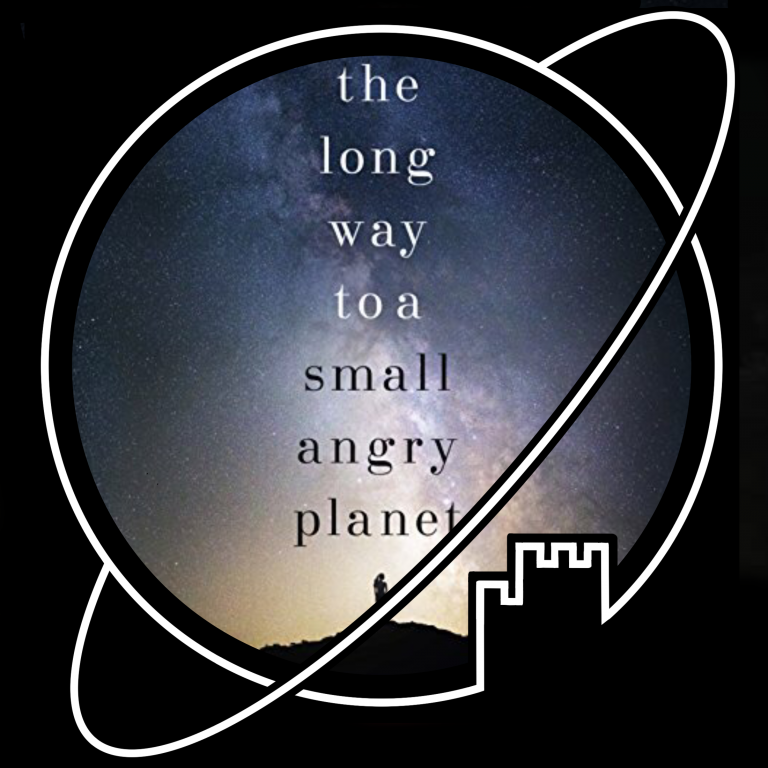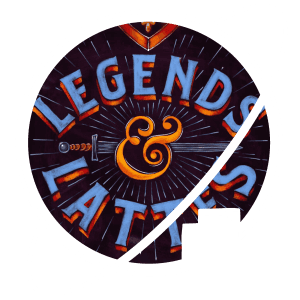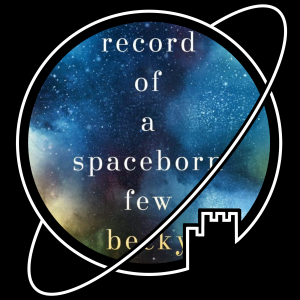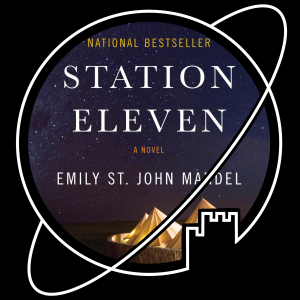- Book written by Becky Chambers
- Published in 2014
- Part 1 of the Wayfarers Series
The Long Way to a Small, Angry Planet tells the stories of the crew of a tunneling spaceship, The Wayfarer, who are hired for an important job to create a ‘tunnel’ between a war-torn faraway planet and the more peaceful territories of a confederacy of aliens (and humans).


The Long Way to a Small, Angry Planet is a very comfortable read. The plot is not very elaborate, as the story is mainly driven by the characters and their interactions with each other. With the exception of a few life-threatening scenarios, most of these interactions take place during fairly mundane activities (spiced with intriguing worldbuilding). While I quite liked this set-up, those who are looking for a more grand and action-filled story might get disappointed.
On the whole, while reading The Long Way to a Small, Angry Planet, I was most impressed with the inherent inclusivity of the story and setting. The diversity and representation of the many characters and cultures was handled respectfully and included different (alien) races, beliefs, genders and sexualities. Furthermore, several neurodivergent characters and a few characters with medical conditions played significant roles in the story. This book invites the reader to be more empathetic, and to put any prejudices aside.
If you are looking for a nice change of pace from dark and cynical media, I can wholeheartedly recommend this book.

I agree completely with Jop’s review of this book. It is heartwarming yet profound, and I immediately fell in love with all of the characters. I listened to the audiobook performed by Patricia Rodriguez, which I can also wholeheartedly recommend.

The Long Way to a Small Angry Planet is a science fiction novel for a different audience than most, and I believe the level of enjoyment will vary wildly from reader to reader. For me, it was so-so, a nice break from my day-to-day fare but not a remarkable experience. I know that some of the other curators disagree wholeheartedly.
On the one hand, it has a weak plot that basically sees the crew travel from one place to another because they are paid to do a job there, with a couple of (mostly minor) hiccups along the way. It features soft-as-warm-butter sci-fi, with several types of humanoid aliens that have no trouble understanding (or making love to) each other, starships constantly running into each other in the void of space, ‘gravity fields’ inside the spaceships, etc. The book tends to choose the path of least resistance in its worldbuilding, solving technological problems with a hand wave and a two-sentence explanation and sacrificing logic or realism to the well-known shortcuts of your average science fiction story.
On the other hand, by pivoting away from hard sci-fi and plot, the book creates some space to focus on its characters. It seems Chambers was mostly interested in creating likeable characters that have a warm, fuzzy vibe going on. The cast is diverse, and accepting diversity is one of the book’s main themes. It is a pity, however, that one of the results is that there is hardly any tension between the members of the crew (other than some expected workplace friction). With a thin plot and an accepting crew, the book is left without a central conflict, a driving force behind the narrative. Instead, the book relies on the reader getting invested in the characters to read on.
At times, The Long Way to a Small Angry Planet feels like an attempt at channeling the TV-series Firefly that skipped the step where the crew has to earn each other’s trust – and with a liberal sprinkling of woke all over it.
In general, I would recommend this book mostly to people that want a comfortable read about people accepting each other, people looking for a break from the darker outlook of most books in the genre, and maybe the woke crowd that I know is out there.
Probably the book’s greatest merit is the questions it asks about the role and rights of advanced artificial intelligence – I’ve been told that the sequel delves deeper into that issue so I might give that a shot and I’ll update you if I do. Otherwise, this style is really not for me.

This book was a personal reccomendation by Robin and she was, once again, very right. Don’t be deceived by the complicated title (in our household it is now referred to as “Small Angry, Long Way”), for the story takes place in a very accessible sci-fi world. There is, of course, a storyline but this book shines in the way we get to know (and love) the characters. A very comfortable get-away that wasn’t long enough. I enjoyed it thoroughly.















